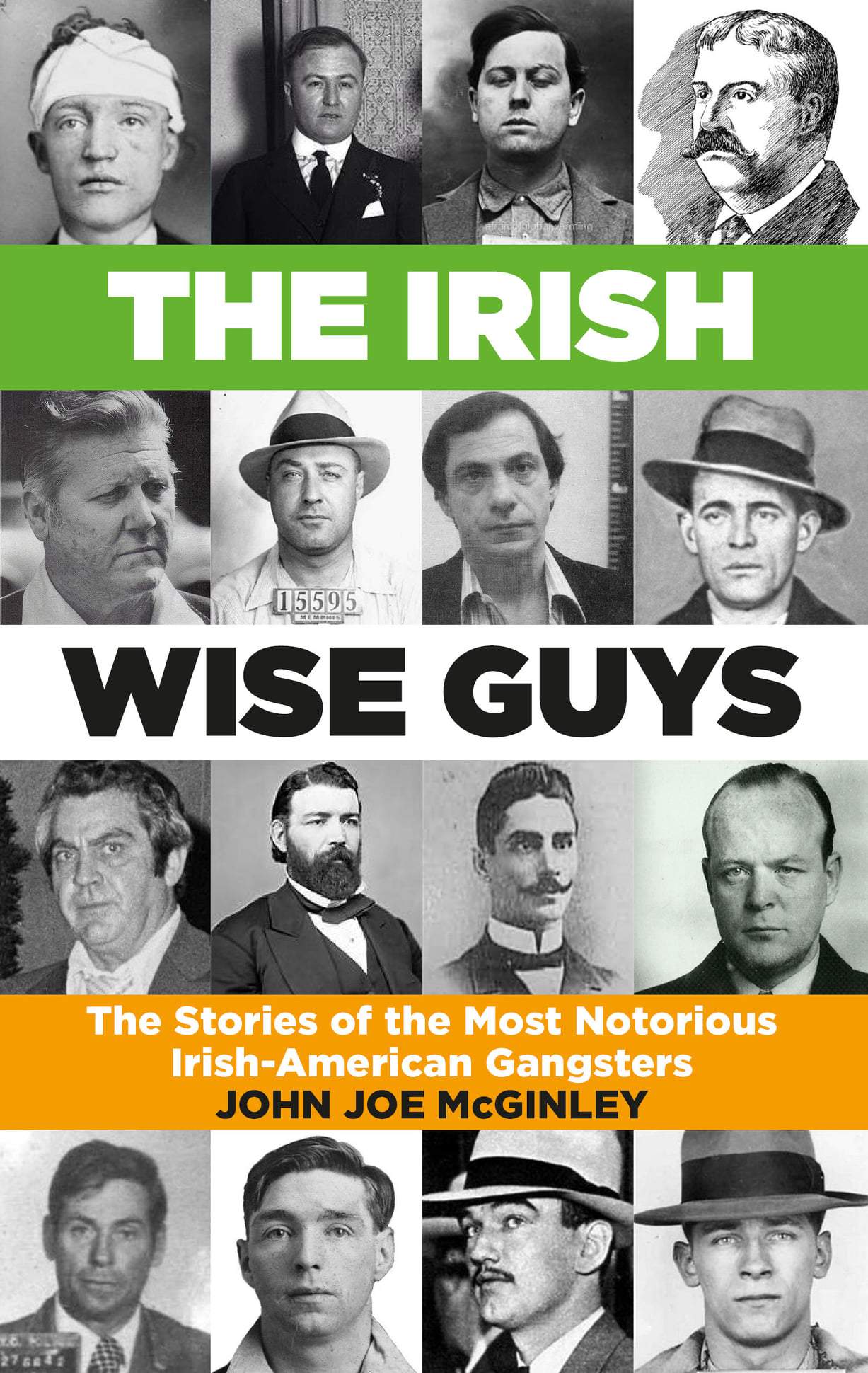How Prohibition helped the rise of the Irish Wise Guys
The movement gained significant momentum in the late 19th and early 20th centuries and led to the implementation of the 18th Amendment to the United States Constitution in 1920.
The push for prohibition had its roots in various social, religious, and moral concerns prevalent during that time. Many reformers and activists associated alcohol consumption with societal problems such as poverty, domestic violence, and corruption. They believed that prohibiting alcohol would address these issues and improve American society.
Prohibition laws at the state and local levels were already in place before the national prohibition movement gained traction. These laws aimed to control alcohol consumption through various means like high taxes, restricted hours of sale, or limits on alcohol content. By the late 19th century, organizations such as the Women's Christian Temperance Union (WCTU) and the Anti-Saloon League began advocating for total prohibition.
Their efforts culminated in the ratification of the 18th Amendment by Congress in 1919. It established Prohibition nationwide and granted the federal government the power to enforce it. Additionally, the Volstead Act, passed in the same year, provided guidelines for the enforcement of Prohibition.
Prohibition had far-reaching consequences. On the positive side, it led to a drop in alcohol-related diseases, death rates, and instances of cirrhosis. It also enhanced productivity by reducing worker absenteeism. However, the unintended consequences of Prohibition were significant and profound.
Organized crime syndicates flourished during Prohibition as they capitalized on the illegal alcohol trade, smuggling, and the establishment of illegal bars known as speakeasies. It gave rise to legendary Irish American crime figures like Bill Dwyer, Mad Dog Coll and Owney Madden, who became notorious for their involvement in bootlegging and other illegal activities.Public sentiment also shifted against Prohibition as the negative consequences became apparent. Enforcement of the law was difficult due to widespread non-compliance and corruption among law enforcement officials. Bootlegged alcohol was often unregulated, leading to instances of poisoning and increased violence. It became the perfect opportunity for organised crime.
There are several key reasons why prohibition acted as a catalyst for organised crime:
Demand and Profitability: Prohibition created a high demand for alcohol, as people continued to consume it despite its illegality. This high demand generated immense profits for those willing to provide alcohol, creating a lucrative opportunity for organized crime syndicates. Criminal organizations recognized the profit potential and took advantage of the black market by smuggling and producing alcohol.
Control of Supply Chain: The ban on alcohol effectively transferred the control of the alcohol supply chain from legitimate businesses to criminal organizations. These groups took over the production, transportation, and distribution of alcohol, using their organized networks to profit from this illicit trade. They often set up sophisticated smuggling operations, establishing secret distilleries and smuggling routes to meet the demand.
Corruption: Prohibition led to widespread corruption among law enforcement officials, politicians, and even the judiciary. The lure of bribes and the significant profits associated with the alcohol trade incentivized many individuals in positions of power to support or turn a blind eye to organized crime's activities. This corruption further facilitated the growth and operation of criminal organizations.
Violence and Gang Warfare: Prohibition heightened competition among criminal organizations, leading to violent clashes over control of territories and alcohol markets. Gangs fought each other for power and control, resulting in high levels of violence. The infamous Irish White Hand Gang and rival groups engaged in bloody conflicts during this time, reflecting the extent of violence associated with organized crime.
Expansion of Criminal Networks: Prohibition offered organized crime syndicates an opportunity to expand their operations beyond alcohol. Criminal organizations diversified their activities, engaging in gambling, prostitution, and drug trafficking, among other illegal activities. Prohibition provided the means for these organizations to build the infrastructure and networks necessary for their continued operation and expansion.
Overall, prohibition's attempt to ban alcohol had the unintended consequence of creating a flourishing black market, where organized crime thrived due to the lucrative nature of the trade. The demand for alcohol, control over the supply chain, corruption, violence, and the subsequent expansion of criminal networks all contributed to making organised crime a prominent presence during the prohibition era and led to the rise of the Irish Wise Guys.
You can read all about 17 of the most notorious Irish American gangsters in Irish Wise Guys available here Buy Irish Wise GuysGlassagh Publishing October 2023
